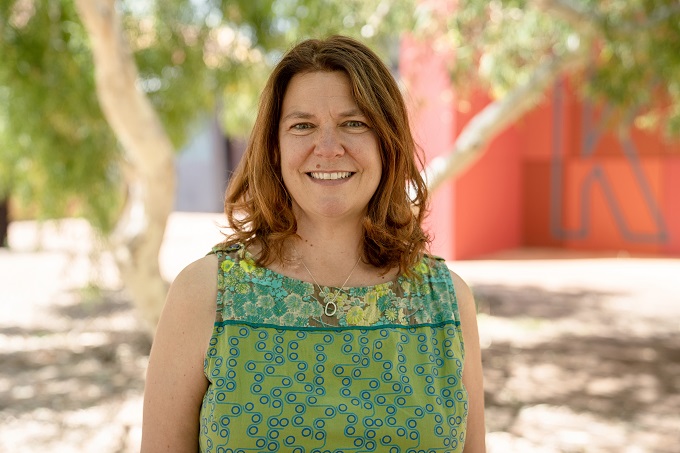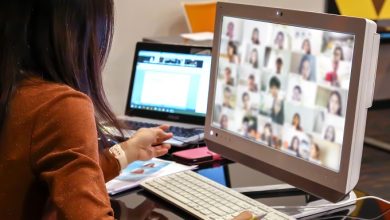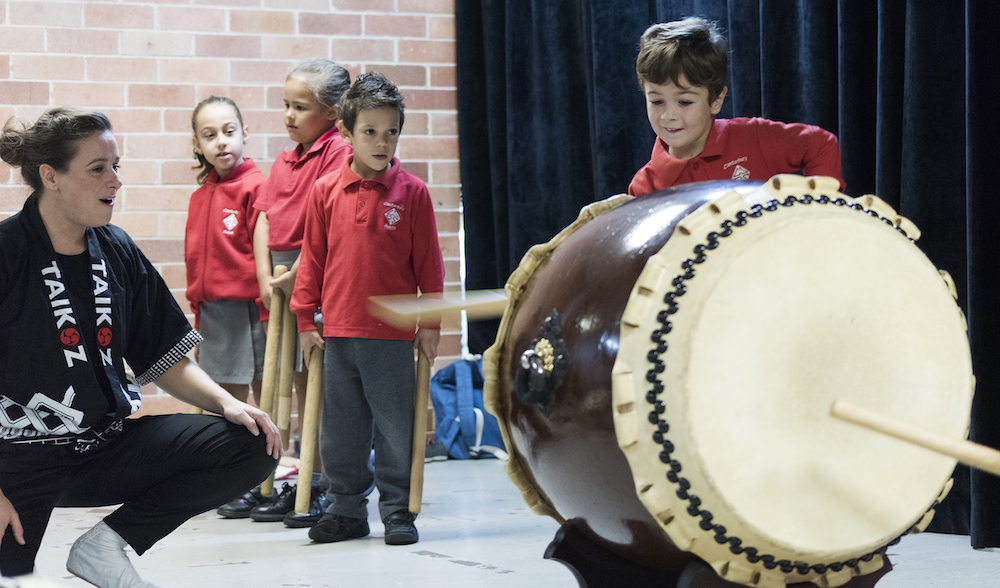STEAM-ing ahead with work ready skills
STEAM education fosters creative problem solving, flexible thinking and a range of other skills essential for future-ready learners.
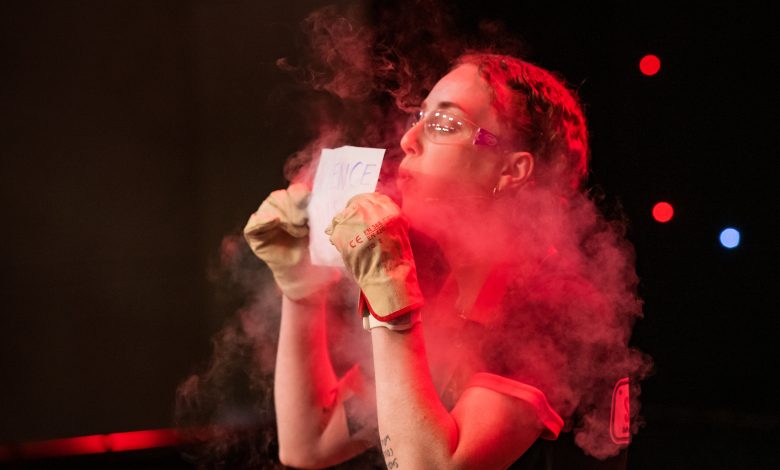
Nurturing creativity, critical thinking, and adaptability, STEAM education equips students with the skills to thrive in an evolving education environment and future workforce.
According to the Capgemini Research Institute report, Future Ready Education: Empowering Secondary School Students with Digital Skills, 56 percent of secondary school teachers agree that curriculums and assessments must evolve to accommodate student use of AI-generated content.
Read the latest print edition of School News HERE
However, the same report revealed that while 72 percent of students aged 16 to 18 are confident in their basic digital literacy, fewer than half (47 percent) feel equally confident in digital communication and data literacy—both essential skills for workforce readiness and navigating AI. Educators are key to closing this gap.
More and more, schools are incorporating AI into their STEAM curriculum, teaching students how to engage with AI models, use data analytics tools, and identify bias in digital content.
As Shobha Meera, Chief Corporate Responsibility Officer at Capgemini, noted, “As technologies like generative AI shape our world, they amplify the need for foundational digital skills and offer the potential to bridge gaps through self-paced learning, hyper-personalisation, and other capabilities.”
Innovative STEAM education practices
STEAM education encourages students to engage in hands-on, real-world projects that ignite curiosity and foster creativity. Whether designing sustainable cities, programming robots, or experimenting with 3D printing, these projects illustrate the practical applications of learning. By blending disciplines and fostering collaboration, students develop the problem-solving skills that prepare them for diverse career paths.
Early childhood is a pivotal stage for introducing STEAM concepts. Activities like building with blocks, experimenting with simple machines, and exploring nature help young learners develop cognitive and sensory skills while nurturing their curiosity and analytical thinking. By encouraging exploration from an early age, educators lay the groundwork for future learning and instil a lasting love for discovery.
Cutting-edge technology in STEAM
Technology plays an integral role in STEAM education, offering students hands-on experiences with tools that are transforming the workforce. Robotics, laser cutting, and 3D printing enable students to bring their ideas to life, while coding and artificial intelligence introduce them to essential digital skills. These technologies make abstract concepts more tangible and engaging, helping students gain practical experience with the tools that will shape their future careers.
As the workforce continues to evolve, STEAM education ensures students are prepared for an unpredictable future. By embracing innovation, providing robust resources for educators, and leveraging cutting-edge technologies, STEAM fosters the adaptability and problem-solving skills that will be crucial for success. Investing in STEAM today is an investment in the leaders and thinkers of tomorrow—beginning in early childhood and extending through every stage of education.
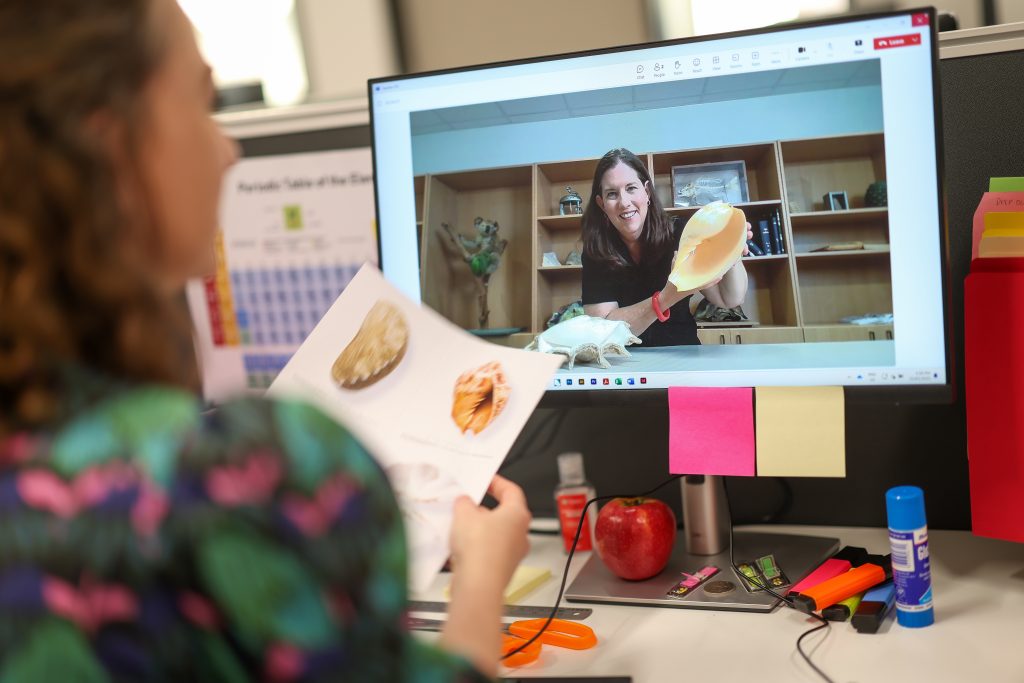
External learning STEAM providers
The team at Street Science have a clear mission: to ignite curiosity, encourage experimentation, and foster the skills students need to thrive in the future—one STEM engagement at a time.
In 2025, Street Science will mark 13 years of delivering dynamic science incursions across the east coast of Australia. Reflecting on their journey during their 10th anniversary, the company celebrated a milestone of engaging over 150,000 students annually. But as a team of high achievers, they asked a pivotal question: What’s next?
This led to the ambitious goal of achieving one million STEM engagements annually. While incursions remain at the heart of the business, this aspiration has driven Street Science to evolve its model and expand its reach through meaningful partnerships.
The Street Science Partnership Program provides educators with the tools and resources they need to bring science to life in their classrooms. By offering access to physical and digital resources, curriculum-aligned workshops, and the Extended Learning Platform, the program empowers teachers to deliver hands-on science lessons even when Street Science facilitators are not there.
This model allows for multiple student touchpoints throughout the year and strengthens teacher confidence and capacity to inspire the next generation of scientific problem solvers. Together with schools, Street Science is creating a collaborative movement that makes STEM education more accessible and impactful.
For ten years, Future Makers through Queensland Museum has been offering free STEM learning resources, teacher professional development workshops, programs and events to empower young people to harness their exciting, change-making potential. An innovative partnership between Queensland Museum and Shell’s QGC business, Future Makers works with schools and communities to increase student uptake of and performance in STEM-related subjects, and broaden their career aspirations.
Registrations are open now for Future Makers’ 2025 line-up of free online and in-person teacher professional development workshops. Upcoming online workshops include Epic Engineering (Teachers of Years 7 to 10); Maths at the Museum (Teachers of Years 5 to 9); Science at the Museum for Lower Primary (Teacher of Years P to 4); Design & Technologies; First Nations Science.
For teachers looking for quality, curriculum-aligned STEM classroom activities, Future Makers Learning Resources are available to download for free from their website.

